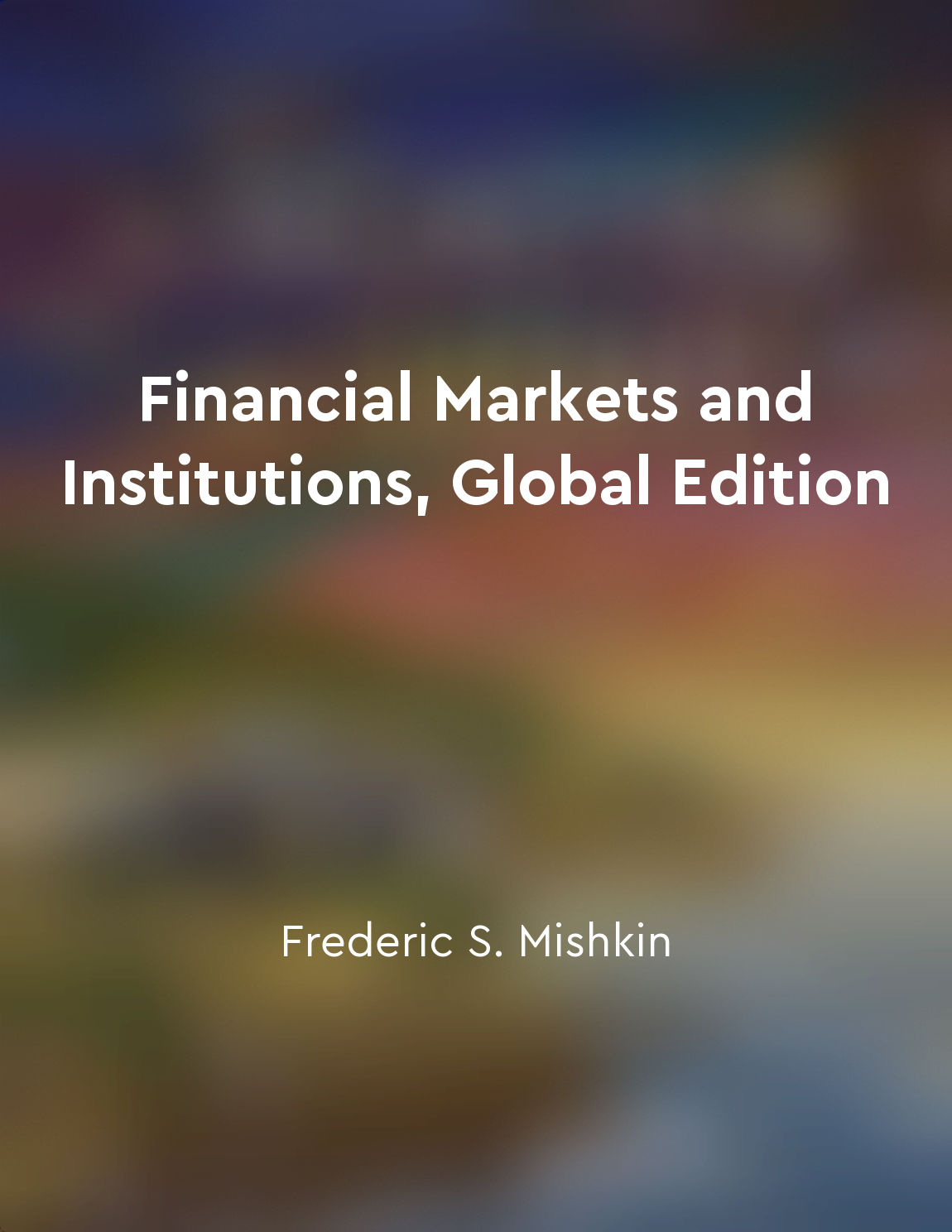The Great Depression highlighted the importance of monetary factors in economic crises from "summary" of A Monetary History of the United States, 1867-1960 by Milton Friedman,Anna Jacobson Schwartz
The events of the Great Depression served to underscore the critical role that monetary factors play in economic crises. The severe economic downturn of the 1930s prompted a reevaluation of the traditional understanding of the causes of such crises, leading to a recognition of the significance of monetary policy in shaping the course of economic events. Prior to this period, the prevailing view held that economic downturns were primarily the result of real factors such as technological shifts, supply shocks, or changes in consumer preferences. However, the Great Depression challenged this perspective by demonstrating the profound impact that monetary policy can have on the economy. As Friedman and Schwartz illustrate in their seminal work, fluctuations in the money supply and the behavior of the Federal Reserve played a central role in driving the economic turmoil of the 1930s. By tightening the money supply and restricting credit, the Federal Reserve inadvertently exacerbated the severity of the Depression, leading to widespread bank failures, deflation, and unemployment. The insights gleaned from the Great Depression have since influenced our understanding of economic crises and informed policy responses to future downturns. Central banks and policymakers now recognize the importance of maintaining stable monetary conditions to support economic growth and stability. The lessons of the Great Depression continue to shape discussions around the appropriate role of monetary policy in preventing and mitigating economic crises, underscoring the enduring significance of monetary factors in shaping the trajectory of the economy.- The Great Depression served as a watershed moment in highlighting the critical importance of monetary factors in economic crises. By revealing the profound impact of monetary policy on the economy, the events of the 1930s reshaped our understanding of the causes of economic downturns and underscored the need for effective monetary management to support economic stability and growth.
Similar Posts
Protectionism can harm domestic industries
Protectionism, the policy of imposing restrictions on imports to protect domestic industries, may seem like a good idea at firs...

The banking system is subject to various risks
The banking system faces a range of risks that can impact its stability and operations. One key risk is credit risk, which aris...
Taxes can also influence aggregate demand
When the government changes taxes, it affects people's disposable income. Disposable income is the total amount of income that ...
Ideological beliefs hinder progress
In a world where ideological beliefs reign supreme, progress becomes a distant dream. The rigid adherence to partisan dogma bli...

Understand the psychology behind market crashes
Understanding the psychology behind market crashes is crucial for investors looking to survive and prosper in a deflationary de...

Be prepared to weather economic uncertainty
The concept of being prepared to weather economic uncertainty is crucial in times of crisis. It involves taking proactive steps...
Speculators borrowed heavily to invest
Speculation in common stocks had become virtually a national pastime. People of all ages and professions were caught up in the ...

Policy responses aim to mitigate the adverse effects of financial disruptions
When financial disruptions occur, policymakers typically respond by implementing various measures designed to lessen the negati...

